I was on a regular run in western New York on May 16, 2019. The weather can still be unpredictable in this part of the country this time of year regarding temperature, humidity, and precipitation. I thought it was cold this particular day and wore capris, gloves, and a moderate weight long sleeve. Dragged my feet out the door, dreading the goosebumps I knew were soon to come. Within one mile my top and gloves were off and a sports bra run it was! It got me thinking, “What other lies do I tell myself? How do I get in my own way?” I ended up having an exceptional run despite my assumption it was going to suck.
If you are an athlete and a human in general, you have probably had these thoughts. Any athletic attempt, despite your ability, is mentally challenging. I have broken them up into a tier system of the seriousness of the lies we tell ourselves and the implications they can have on our psychology.
Little Lies
“It’s too cold”
“I am tired”
“I have so much other stuff to do”
These are the little things that we use as an exit ramp from the highway of training. Small excuses to try to talk ourselves out of the task at hand. There is usually something else hiding beneath them. For example, maybe it seems too cold because it is too damn cold and your bed is damn warm. I know your dreams of adventure, strength, and pride are greater than this one little roadblock. These are the easiest to overcome if your motivation is in check. Use the tried and trusted methods of having your training gear laid out the night before an early morning training session. Find local groups or friends that you can meet up with to hold yourself accountable to. Prepare yourself in advance with a thought to counter the little lie.
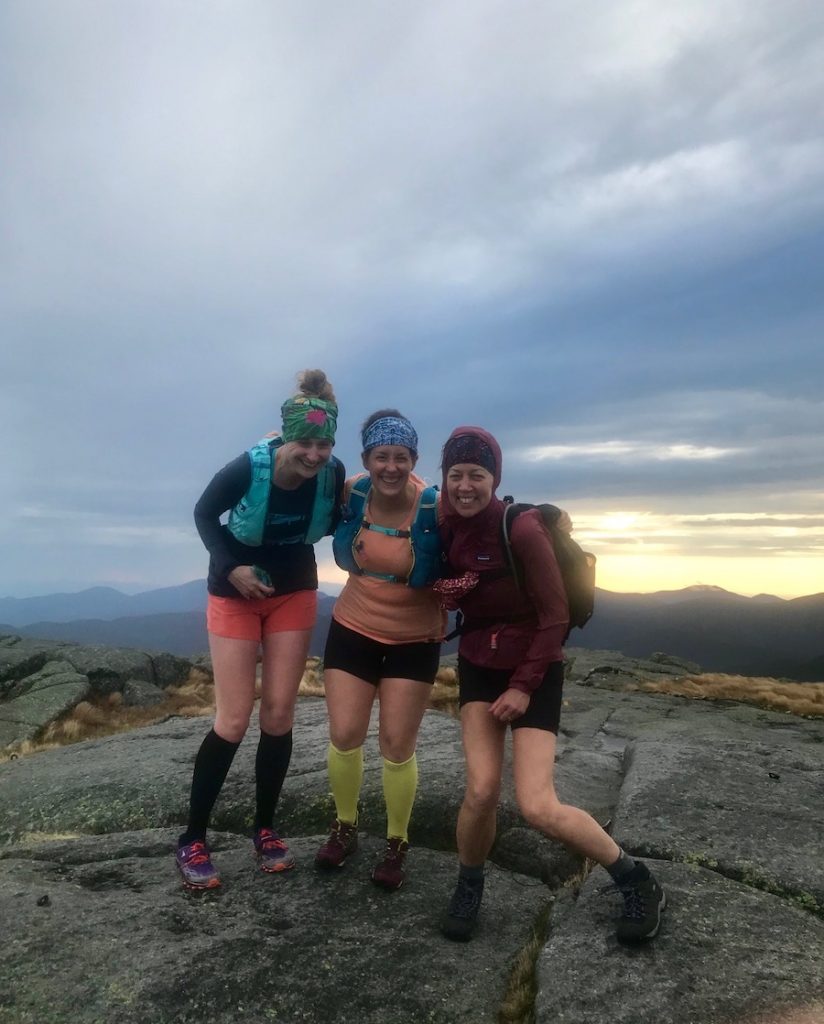
Moderate Lies
“I can’t do this”
“I’m not fast enough”
“It is a short run and it doesn’t matter”
Well, yes you can do this. But it isn’t always as easy as saying and believing that you can. Many runners have broken down their goals, anywhere from running aid station to aid station, mile to mile or even step to step. Whatever it is going to take to feel like you are able to move forward. Moderate lies tend to be a little more complex and mix together some of the little lies with the big ass lies.
Big Ass Lies
“I am not good enough”
“I am not a REAL runner”
“I don’t look like a runner”
This emerges in many different ways. Sometimes it is a comparison (hello, thief of joy! You are not welcome here.), or the things society has told us. Not funny enough? Not fast enough? Don’t have the right gear? Don’t have a ‘runner’s body’? None of that matters, but those are the hardest thoughts to combat because they are so intertwined with our sense of self.
How to change your lies into truths
- If you have a lot of big ass lies, consider finding a therapist to find out where they come from so you can rewrite your story and love yourself more. I bet your athletic ability will see improvements.
- Is more of your story moderate or little lies? Life coaches are a great resource to help you see things differently and practice making mindful changes in your life.
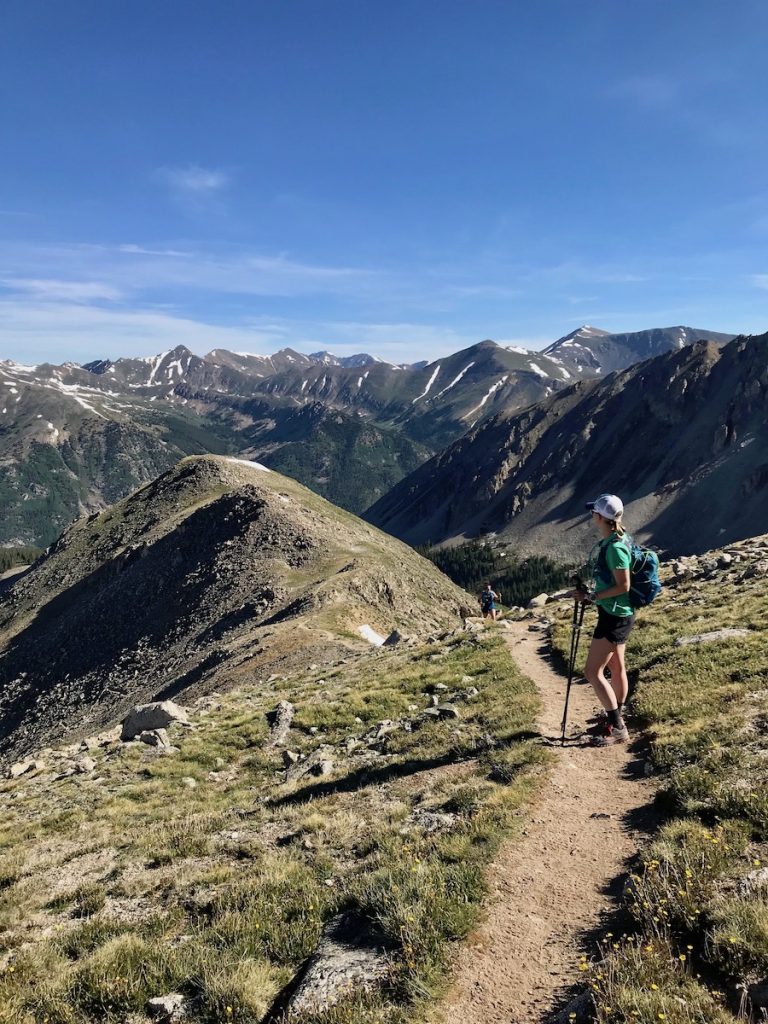
What worked for me?
I chose to work with a running coach that has an approach that includes positive psychology that is equally as important as the actual physical training plan. After trying a few coaches, I landed with Danielle Snyder of Inner Drive Athlete and have seen positive results that I am grateful for. I also needed the gentle reminder that although we all feel that running is our therapy, you will not outrun your psychology. I learned through injury that running is a tool to whole well-being, it is not the whole package.
Suggested Literature:
Let Your Mind Run: A Memoir of Thinking My Way to Victory by Dena Kastor
Strong: A Runner’s Guide to Boosting Confidence and Becoming the Best Version of You by Kara Goucher
Eat and Run + North by Scott Jurek
The Rock Warrior’s Way: Mental Training for Climbers by Arno Ilgner What have you read or done to help yourself build a stronger athletic psychology?



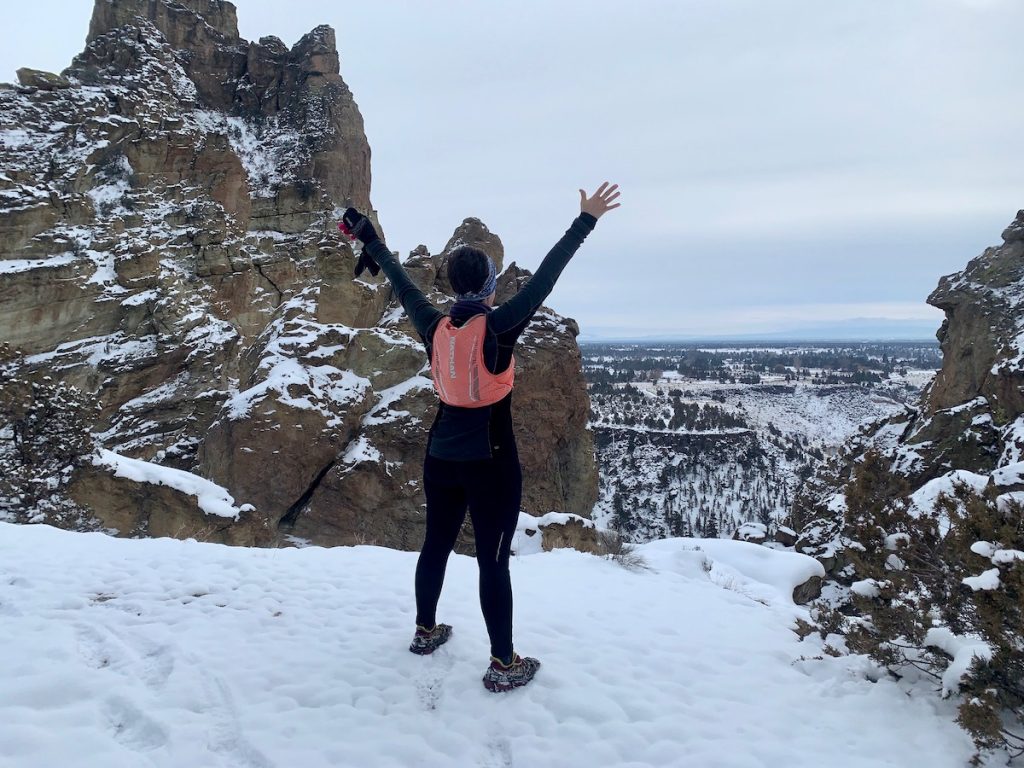
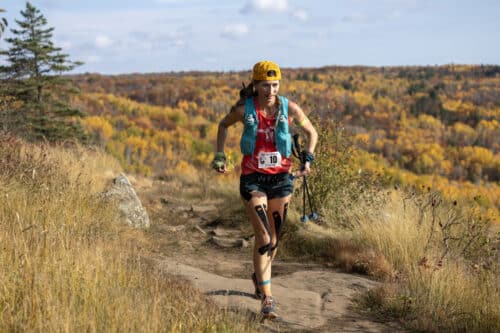
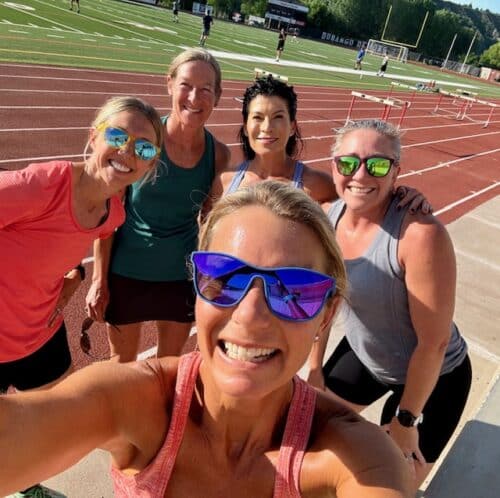


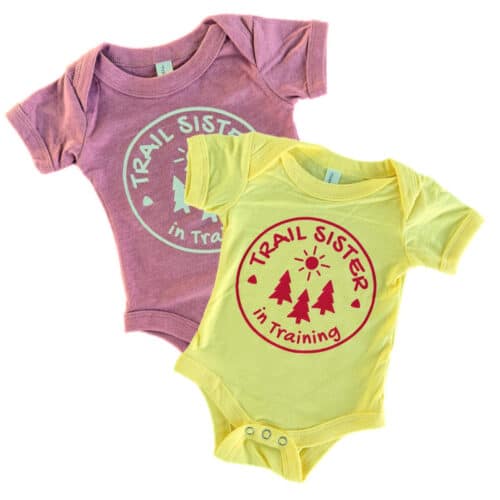
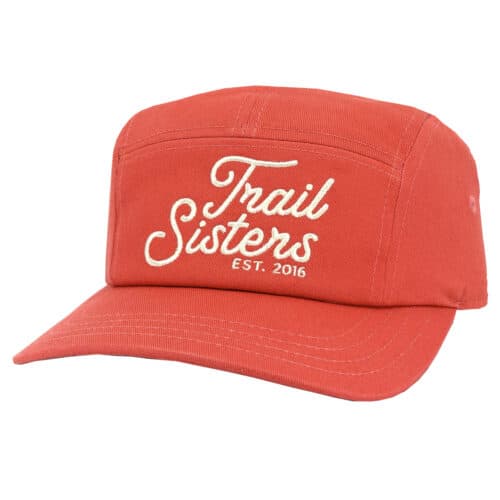
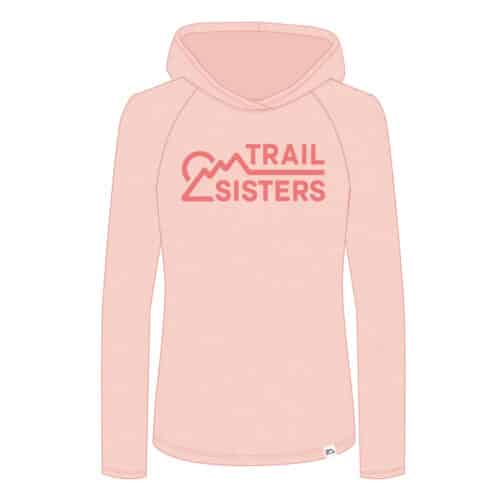
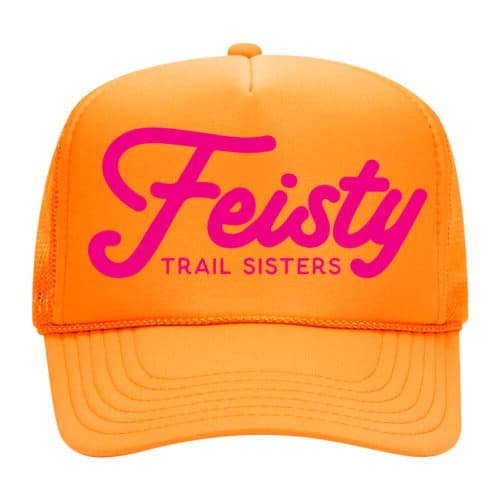
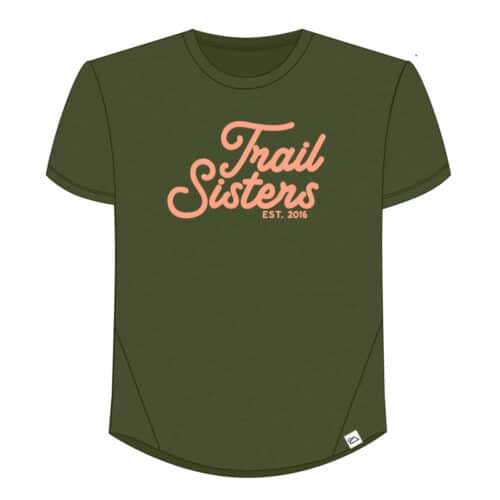
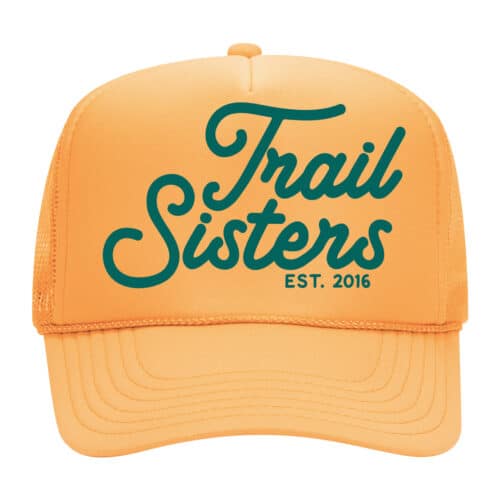


One Response
Laura! Great piece, loved how you broke this down. Also loved that you referenced Rock Warrior’s Way! I read it years ago when working through some mental blocks for lead climbing, but found that the messages really applied to just life in general (and running). Thanks for putting this together!